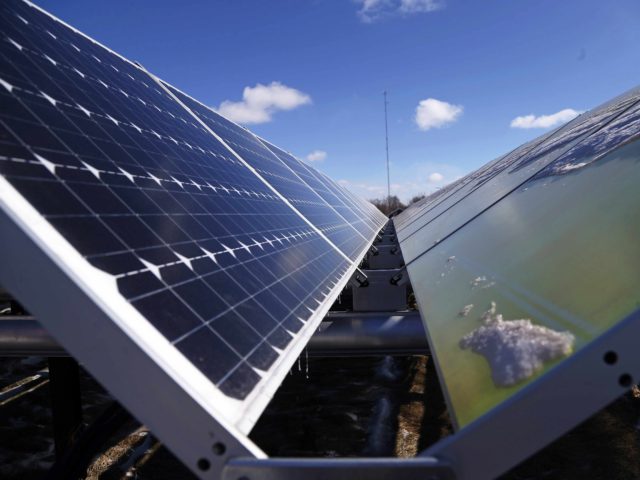A 40-county California tax data analysis by the Wall Street Journal has shown an increase in payment defaults related to “green” small, high-interest loans.
Property Assessed Clean Energy (PACE) program loans were designed to aid the general public in affording eco-friendly technologies for their homes. This might include solar panels to assist with power generation, energy-efficient air conditioning, or similarly “green” appliances.
Unfortunately, these loans cast a long shadow. An 18% interest rate can make even a loan as small as $25,000 — the average amount of a PACE loan — swell at an alarming rate. If that wasn’t enough, PACE loans are structured in such a way that while private companies grant the loans, the government must collect the payments. Riverside County Tax Collector Jon Christensen describes being “the heavy hand” in this situation as an “onerous” challenge.
Furthermore, because PACE loan repayment and property taxes are collected in tandem, there is a chance that the defaults are caused by homeowners simply unable to pay the combined lump sum. Nearly $3.7 million in past-due loans have piled up across the state of California, a number that has increased more than sevenfold from last year’s $520,000 in delinquent loans.
If that wasn’t bad enough, PACE loans are becoming notorious as a unique loophole for predatory lending practices that would be otherwise restricted by the Truth in Lending Act. This has prompted a bipartisan effort toward consumer protection that has already been presented to both the House and Senate.
The intentionally-titled Protecting Americans from Credit Exploitation Act (or PACE Act) was presented by Senators Tom Cotton, Marco Rubio, and John Boozman. Congressmen Brad Sherman and Ed Royce presented it to the House of Representatives.
Arkansas Republican Senator Tom Cotton was exceptionally blunt:
Residential PACE loans are a scam. Predatory green-energy lenders are changing state and local laws to trick seniors into taking out high-interest rate loans for 20 years, along with liens on their homes, for technology that could be obsolete in a few years.
Today, these loans are exempt from the same disclosure forms required for other home loans. Our bill will fix this. Requiring disclosure will reduce the advantage that PACE loan sharks have over hard-working Americans. It’s just the accountability we need.
Senator Marco Rubio’s critique was more restrained, though no less pointed:
Residential PACE loans should have to play by the same rules as other forms of home financing. Americans deserve clear, straightforward policies from their government, not hidden political favors. Our legislation would address this and help provide the transparency necessary to create real consumer choice.
In response, lenders such as Renovate America Inc., Renew Financial Inc., and the Ygrene Energy Fund are already protesting the report’s findings, disputing that the rate of default is any greater than the sub-two-percent average. Renovate America maintains that their customer data does not reflect the numbers being suggested, while Renew Financial claims that PACE loans “have similar delinquency and default rates as all other property owners.”
Ygrene Energy Fund followed with a statement that “Ygrene’s PACE delinquency rate remains far below that of average property tax delinquencies in California.”
Follow Nate Church @Get2Church on Twitter for the latest news in gaming and technology, and snarky opinions on both.

COMMENTS
Please let us know if you're having issues with commenting.